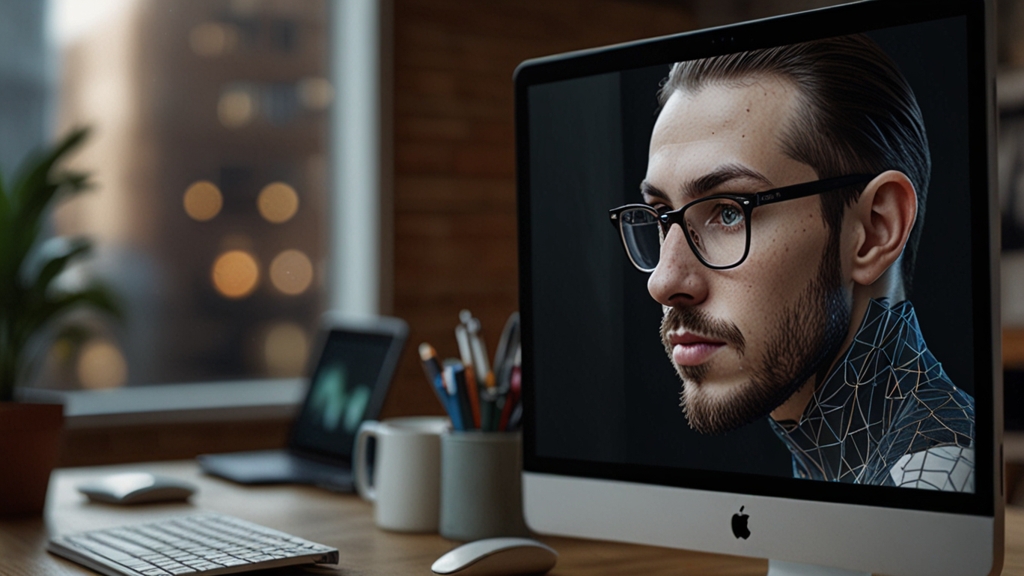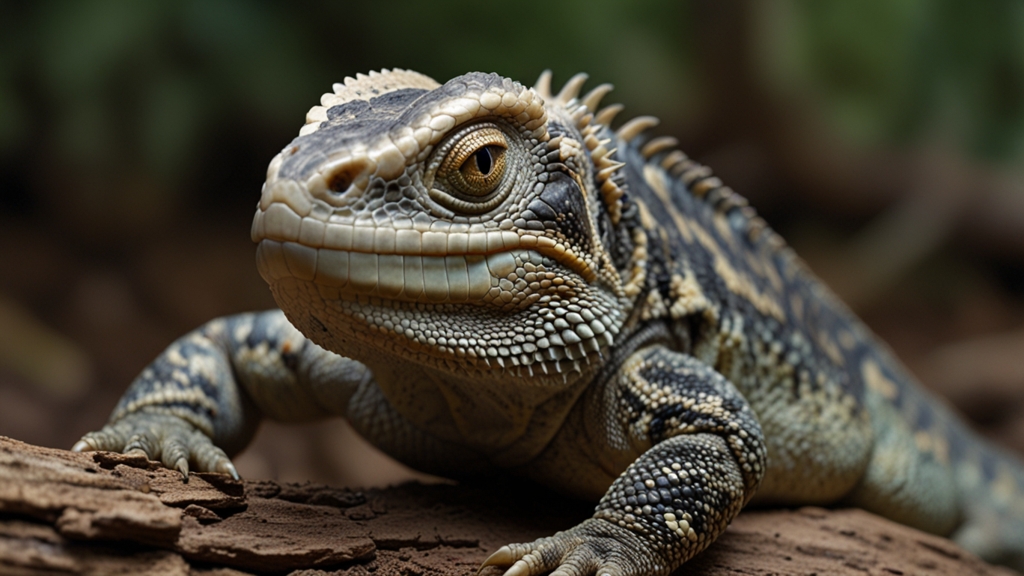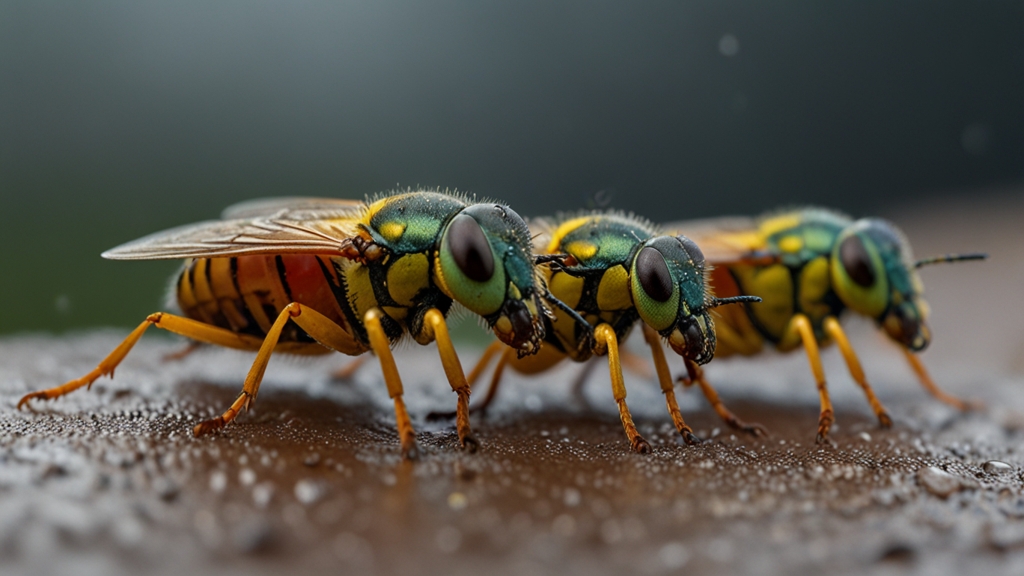Mastering Mindfulness: Essential Tools for Everyday Life
In today's fast-paced world, mindfulness is becoming an increasingly popular practice for achieving mental well-being and clarity. This ancient technique is not just a buzzword; it offers a range of benefits that can transform your daily life. From reducing stress to enhancing focus, mastering mindfulness can provide essential tools for navigating everyday complexities. Let's delve into some of the core elements that make mindfulness an invaluable skill for modern living.
The Art of Mindful Breathing
Mindful breathing is often the cornerstone of a solid mindfulness practice. It involves paying close attention to your breath, observing each inhalation and exhalation without attempting to alter it. This simple yet powerful exercise can help ground you in the present moment.
"Feelings come and go like clouds in a windy sky. Conscious breathing is my anchor." - Thich Nhat Hanh
When you focus on your breath, you create a mental space where stress and mental clutter can dissolve, leaving you with a sense of calm and balance. Try starting each day with a few minutes of mindful breathing to set a positive tone for the hours ahead.
Mindful Eating for a Healthier You
Mindful eating encourages you to slow down and savor every bite, transforming meals into a form of meditation. This practice helps you become more aware of your hunger cues, food choices, and eating patterns. By eating mindfully, you can improve digestion, avoid overeating, and enjoy a more balanced relationship with food.
The next time you eat, take a moment to notice the colors, textures, and flavors on your plate. Chew slowly and appreciate the sensory experience. Not only will this make your meals more enjoyable, but it can also provide insights into your dietary habits.
Body Scan Meditation
Body scan meditation is a mindfulness technique that involves paying close attention to different parts of your body, from your toes to your head. This can help you identify areas of tension and promote relaxation.
"The body knows things about which the mind is ignorant. Listening to your body can lead to greater self-awareness and emotional healing." - Unknown
Set aside a few minutes each day to lie down or sit comfortably. Starting from your toes, consciously relax each muscle group one by one. This practice can alleviate physical discomfort and create a more profound connection between your mind and body.
Integrating Mindfulness into Daily Activities
Mindfulness is not confined to formal meditation sessions. You can integrate it into daily activities like walking, cleaning, or even commuting. The key is to remain fully present and engaged in what you are doing.
For instance, when walking, pay attention to the sensation of your feet touching the ground, the rhythm of your steps, and the surrounding environment. When cleaning, focus on the textures and movements involved in the task. These mindful practices can transform mundane activities into moments of intentional living.
The Science Behind Mindfulness
Scientific research supports the effectiveness of mindfulness in improving mental health. Studies have shown that regular mindfulness practice can reduce symptoms of anxiety, depression, and chronic pain. It can also improve cognitive functions such as memory, attention, and problem-solving skills.
One research study published in the journal "Psychiatry Research" found that participants who engaged in an 8-week mindfulness program exhibited increased grey matter density in brain areas associated with learning, memory, and emotional regulation. These findings suggest that mindfulness not only enhances mental well-being but can also lead to long-term positive changes in the brain.
Starting Your Mindfulness Journey
The beauty of mindfulness is that it requires no special equipment or prior experience. All you need is the willingness to be present and an open mind. Here are some tips to help you get started:
- Start small: Begin with just a few minutes of mindfulness each day and gradually increase the duration as you become more comfortable.
- Be consistent: Set aside specific times each day for mindfulness practice to build a routine.
- Stay patient: It's normal for your mind to wander. When it does, gently bring your focus back to the present moment without judgment.
- Use resources: Guided meditations, mindfulness apps, and online courses can provide additional support and structure for your practice.
Mastering mindfulness is a journey, not a destination. By incorporating these essential tools into your daily life, you can cultivate inner peace, emotional resilience, and a deeper connection to the present moment. Start today, and experience the transformative power of mindfulness for yourself.









